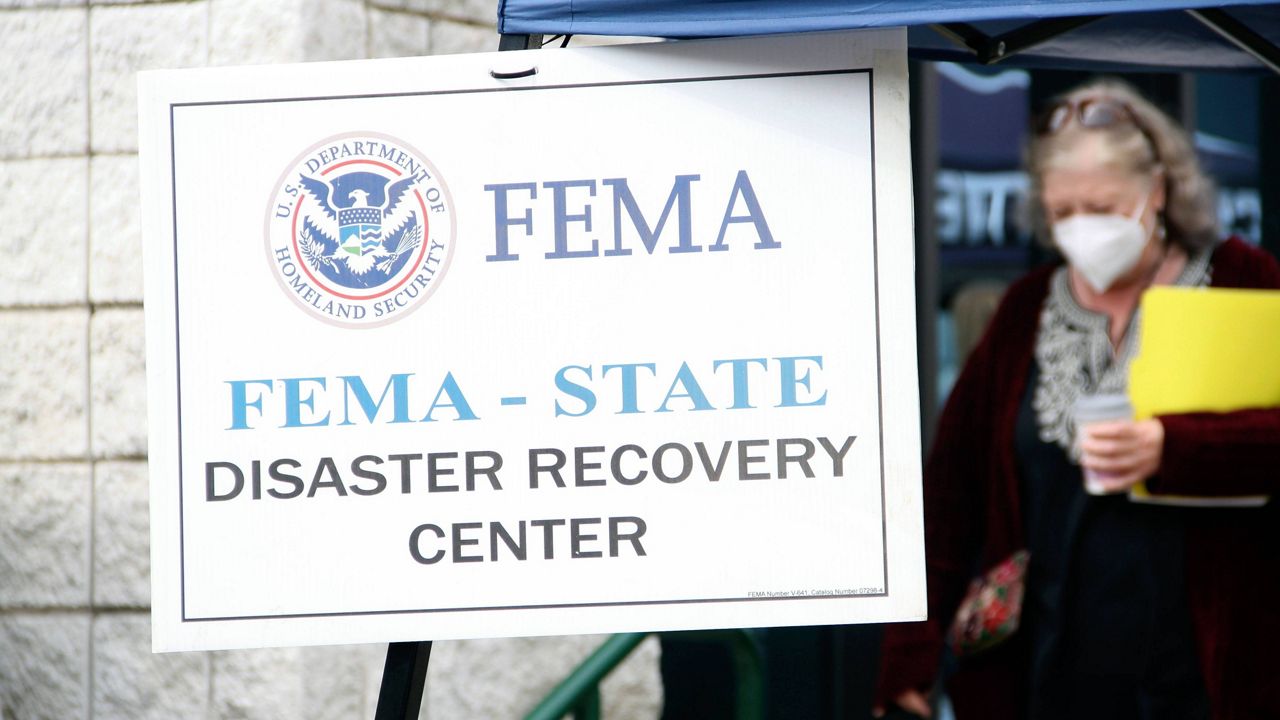ASHEVILLE, N.C. — From Buncombe County Health and Human Services, to N.C. State and UNC Chapel Hill, a North Carolina business has been providing language services on a local, state and national level.
Argentum Translations has a network of professionals that has translated from and into over 50 languages.
It all started with a dream by twin sisters Paula and Cynthia Penovi. They wanted the name of her company to reflect their roots.
“It comes from the etymology of Argentina, it means silver in Latin,” Argentum Translations Co-Director Paula Penovi said.
The sisters have been passionate about language access and education since they were children growing up in Argentina.
“I brought this one from Argentina seven years ago,” Paula Penovi said as she pulled out a dictionary.
When Mariela Solano-Segreda migrated from Costa Rica when she was 6, she longed to connect the forms of communication she knew.
“There was nothing for our family,” Solano-Segreda said. “There were no services. There was one hour of Spanish radio every month. So, once a month we'd get to listen to one station with Spanish music for one hour.”
She faced a lack of Spanish translations almost everywhere she encountered.
“I always tell people that I've been a community health worker and an interpreter from a very young age, because I had to jump into that role for my family and sometimes even friends,” Solano-Segreda said.
Solano-Segreda moved to Asheville 10 years ago.
“I had a total culture shock,” Solano-Segreda said. “It was unreal. The things that I experienced. It was as if I was a brand new immigrant again, coming into a place where I wasn't very welcome.”
This is exactly why the Penovi sisters began their business, and why Solano-Segreda joined their team — to help grant everyone access to information, including city and medical documents.
“If content is not relevant or there are populations that can’t understand them, even if you plug in the machine translation and the information doesn't get to who it needs to get, it's definitely not what we would consider language access,” Penovi said.
The Penovi sisters and their team want to expand communications access with no limits, so people not only will receive the accurate word translation, but the tone that comes with it.
“If you are talking to a child or a pregnant lady or a refugee or a business man, you won't use the same words. I'm not gonna use that same vocabulary, tone,” Penovi said.
“For me to get into this field, that's where my passion stems from, is from knowing what it's like to be in that place of not having anybody to advocate for you, not having the services that you need, not having access to many things,” Solano-Segreda said.
Their team has continued to see the need and work toward filling it, especially in the medical field, where health is at stake.
“One translation can change a health outcome. Just one word, one register, one context, one miswritten or misspoken word,” Solano-Segreda said.
Penovi and Solano-Segreda agree there are some translations and tones that machines simply can’t do, and that’s why they’ll continue to advocate for certified translations
The U.S. Bureau of Labor Statistics projected the employment of interpreters and translators to grow by 20% from 2021 to 2031.
Argentum hopes to pave the way and push for an upward curve of access for everyone.
“I feel like we should be in a better place,” Solano-Segreda said. “We're not, but we are making our way there.”










